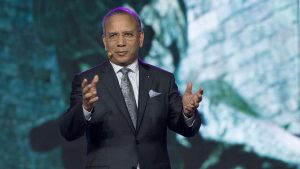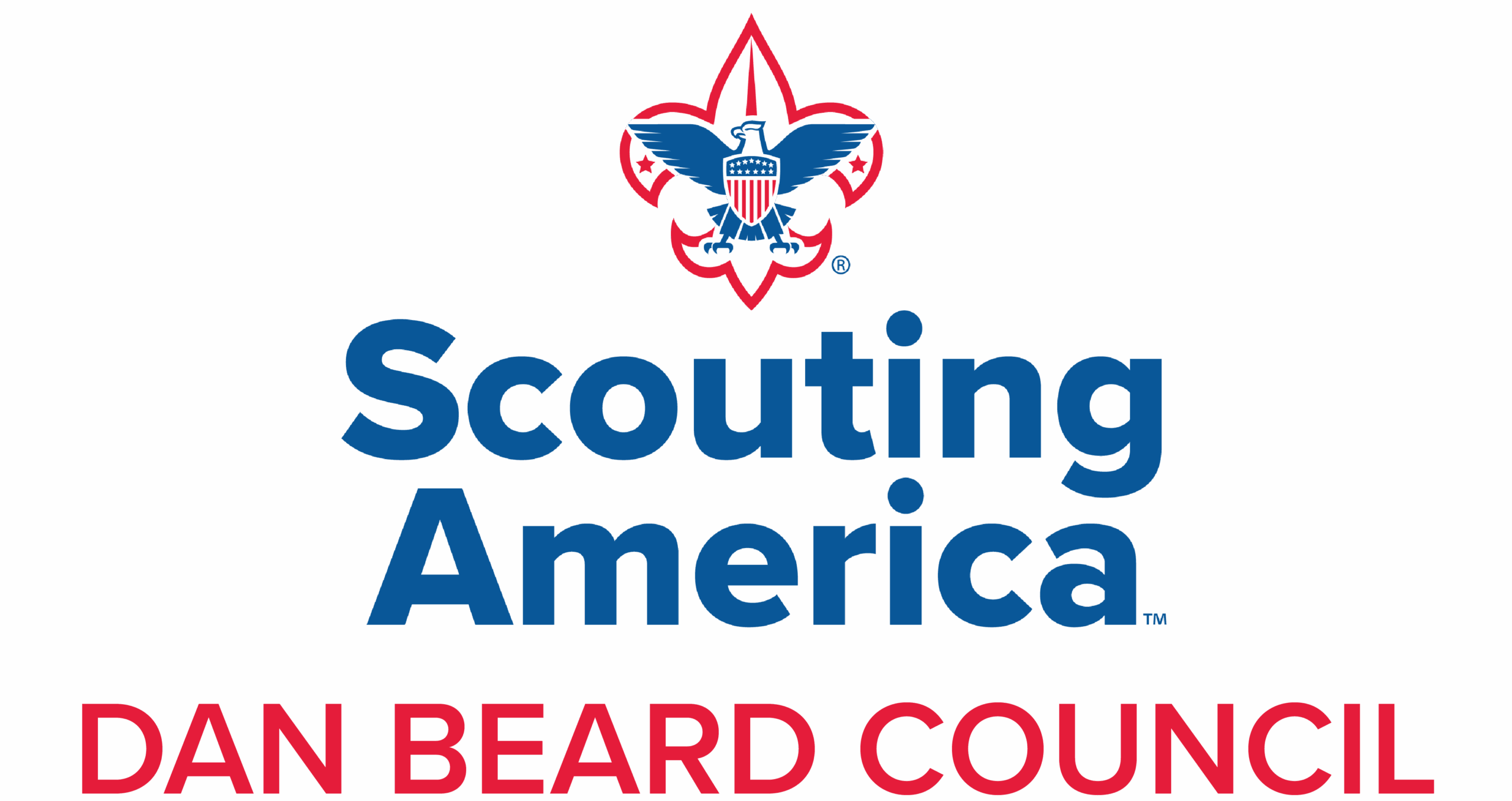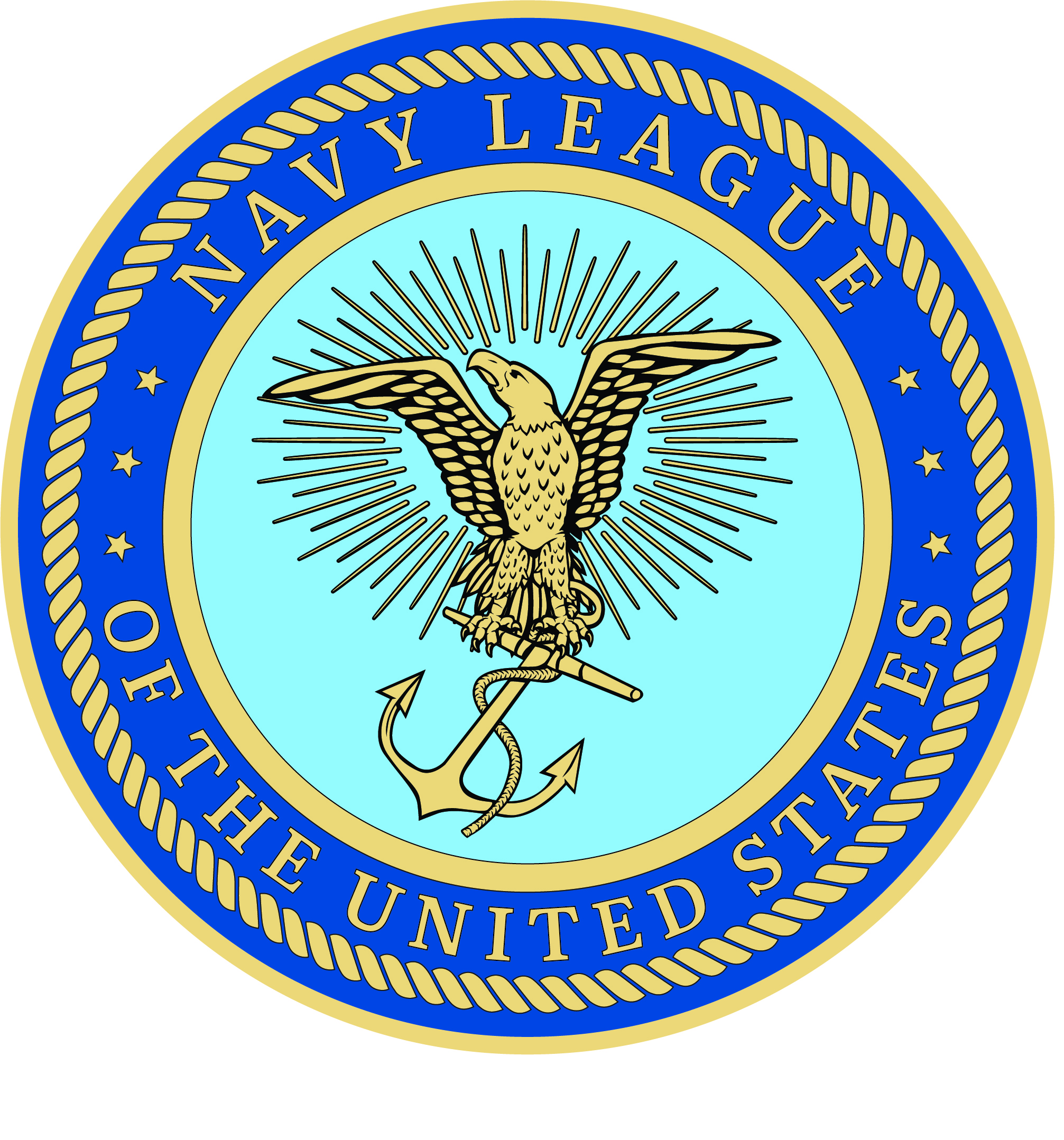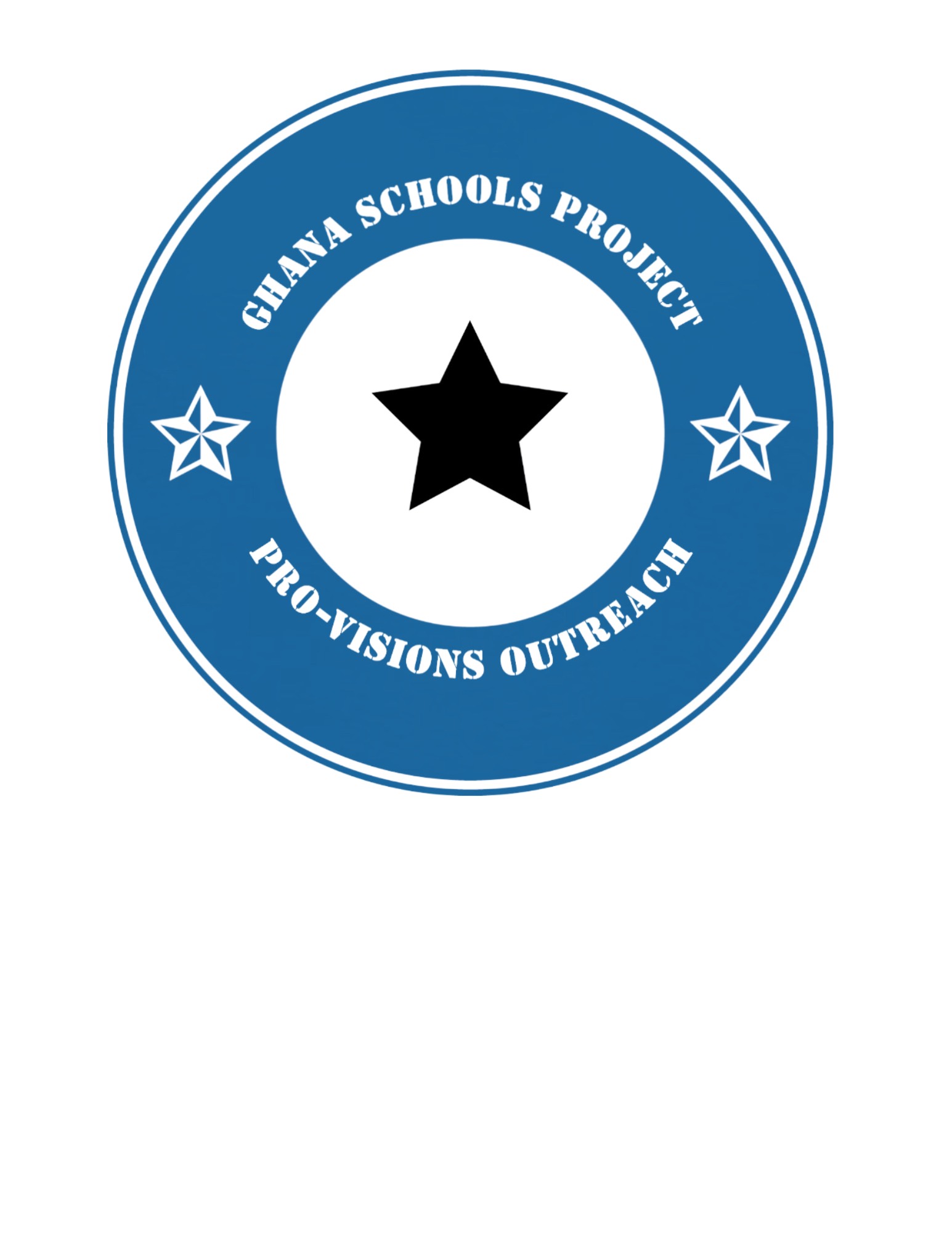RI President K.R. Ravindran closed the convention in Korea on Wednesday, June 1, 2016, with a poignant story about his mother’s fight to survive polio at age 30.
When Ravindran was 11 years old in his native Sri Lanka, his mother awoke one day feeling weak and short of breath. Sitting down to rest, she found herself unable to move. The polio virus had quickly invaded her nervous system, resulting in paralysis.
She was placed in an iron lung at the hospital to enable her to breathe, and was told that her chances of walking, or even surviving without a ventilator, were slim. But most Sri Lankan hospitals were not equipped with ventilators in 1963.
Ravindran’s grandfather, a Rotary member, hosted a club committee meeting in his living room the evening after his daughter was rushed to the hospital. Rather than simply offer consolation, his fellow members went to work, using their business acumen and professional connections to find a ventilator.
One of the members was a bank manager who called a government minister to facilitate a quick international transfer of funds. Another member, a manager at SwissAir, arranged to have a ventilator flown in. The next day, it arrived at the hospital.
“There was so much red tape at the time in Sri Lanka, but somehow, those Rotarians made it all fall away,” Ravindran told the packed audience at the KINTEX Convention Center in Goyang city.
Ravindran’s mother spent a year-and-a-half in a hospital bed, but her condition gradually improved. She eventually left the hospital walking — with a walker, but upright, on her own two feet.
“Fifty-three years ago, my mother’s life was perhaps one of the very first to be saved from polio by Rotarians,” Ravindran said. “We have saved millions of lives since then.
“Tonight, I stand before you as her son, and your president, to say that soon — perhaps not in years but in months — Rotary will give a gift that will endure forever: a world without polio.”
At the convention’s general session the day before, Rebecca Martin, director of the Center for Global Health at the U.S. Centers for Disease Control and Prevention, had described how close we are to polio eradication. Earlier that day, Rotary released an additional $35 million in grants to support global efforts to end the crippling disease.
This year’s convention, one of the largest in Rotary history, attracted more than 43,000 attendees from over 150 countries. Ravindran, in his final speech to members as their president, emphasized what it really means to be a Rotarian.
“There are people on this planet whose lives are better now because you traversed this earth,” he said. “And it doesn’t matter if they know that or not. It doesn’t matter if they even know your name or not. What really matters is that your work touched lives; that it left people healthier, happier, better than they were before.”









































